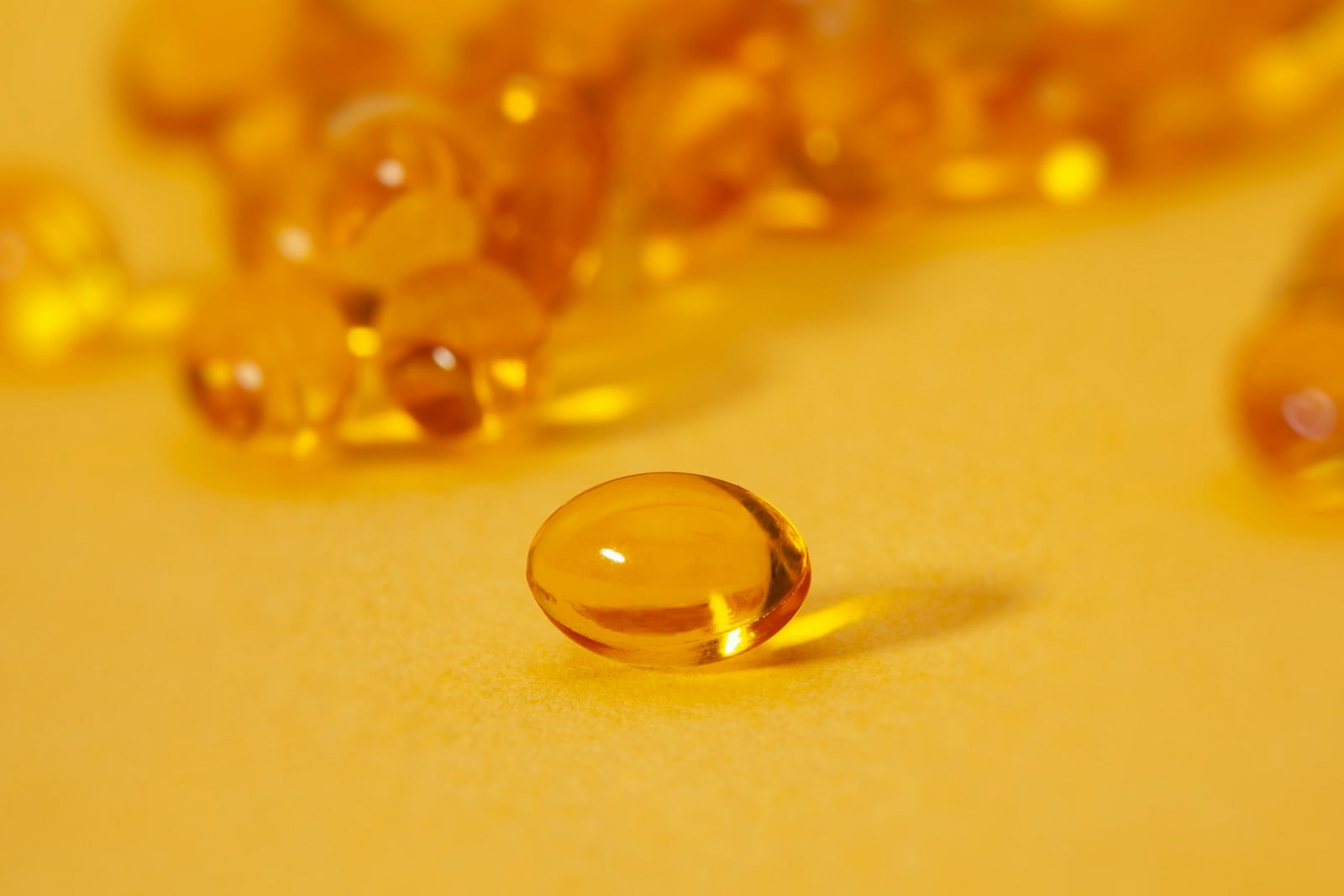Iron is a essential mineral that plays a critical role in the body. It is necessary for the production of red blood cells, which carry oxygen to the body’s tissues. Iron is also important for maintaining a healthy immune system and supporting energy production. As we age, our body’s ability to absorb and utilize iron tends to decline, making it important for seniors to ensure they are getting enough of this nutrient. Here are the top 15 signs of iron deficiency in seniors:
- Fatigue: Iron is necessary for the production of red blood cells, which carry oxygen to the body’s tissues. A deficiency can lead to a decrease in the number of red blood cells, resulting in fatigue and weakness.
- Shortness of breath: Iron deficiency can lead to a decrease in the number of red blood cells, which can result in shortness of breath and difficulty breathing, especially during physical activity.
- Pale skin: An iron deficiency can cause a decrease in the number of red blood cells, leading to pale skin and pale gums.
- Headaches: Iron deficiency can lead to a decrease in the number of red blood cells, which can cause headaches and dizziness.
- Cold hands and feet: Iron is necessary for the production of red blood cells, which carry oxygen to the body’s tissues. A deficiency can result in cold hands and feet due to a lack of oxygen.
- Brittle nails: Iron deficiency can cause brittle nails that break easily.
- Dry, thinning hair: Iron is necessary for healthy hair growth, so a deficiency can lead to dry, thinning hair.
- Cravings for non-food items: Some people with iron deficiency may develop a craving for non-food items such as ice or dirt (a condition known as pica).
- Weakness: Iron deficiency can cause weakness and difficulty performing everyday tasks.
- Heart palpitations: Iron deficiency can lead to a decrease in the number of red blood cells, which can cause heart palpitations and an irregular heartbeat.
- Restless leg syndrome: Iron deficiency can cause restless leg syndrome, a condition characterized by an irresistible urge to move the legs.
- Poor appetite: Iron deficiency can cause a decrease in appetite and difficulty swallowing.
- Swelling of the tongue: Iron deficiency can cause the tongue to swell and become inflamed.
- Difficulty concentrating: Iron deficiency can cause difficulty concentrating and poor memory.
- Depression: Iron deficiency has been linked to feelings of depression and a lack of energy.
If you are experiencing any of these symptoms, it is important to speak with your healthcare provider. They can order a blood test to determine your iron levels and recommend a treatment plan if necessary. Iron deficiency can often be treated with supplements, and increasing your intake of iron-rich foods can also help to boost iron levels. It is important to follow your healthcare provider’s recommendations for iron intake to ensure optimal health.




























